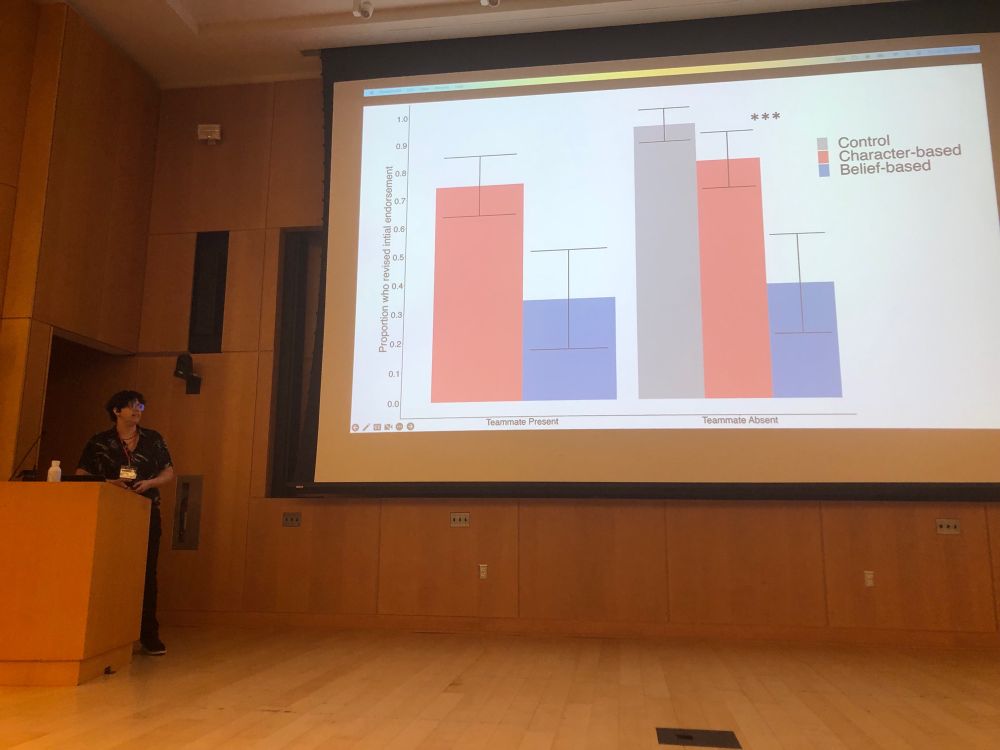

(I never miss a Josh Rottman talk!)

(I never miss a Josh Rottman talk!)





1. Do whales have hair? (No!)
2. Are whales mammals? (Yes!)
3. Do all mammals have hair? (Yes! Wait a minute…)
#SPP2025

1. Do whales have hair? (No!)
2. Are whales mammals? (Yes!)
3. Do all mammals have hair? (Yes! Wait a minute…)
#SPP2025



